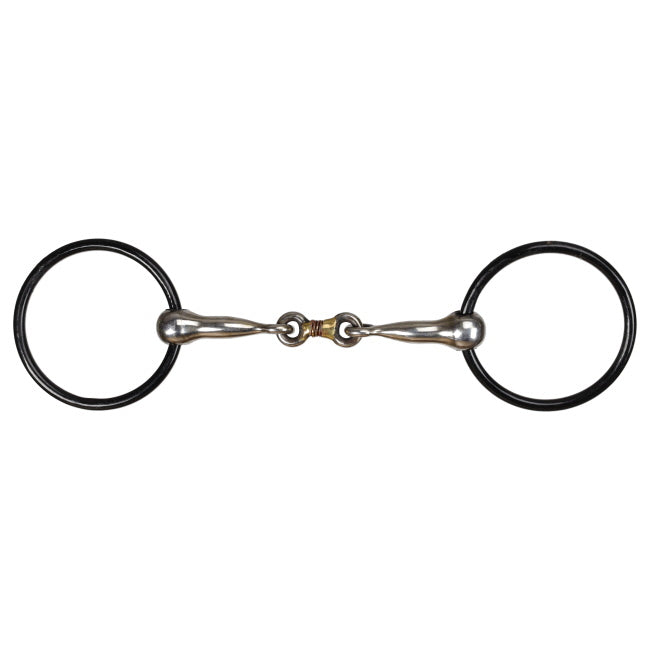Water is the single most important nutrient your horse requires. Water makes up about 65% of an adult horse’s body weight, meaning for a 1,000-pound horse, 650 pounds is water! This water is distributed within the cells, blood, and fluid-containing organs like the stomach and bladder.
Water is indirectly involved in all biochemical reactions within the body, so lack of water or dehydration can quickly impact your horse’s health. With summer temperatures rising, adequate water consumption is more important than ever.
Staying Hydrated
Horses must drink significant quantities of water each day to stay properly hydrated. You should always make sure your horse has access to clean, fresh water at all times.
Inactive horse in a cool environment = 7-10 gallons per day
Inactive horse in hot/humid environment = 20+ gallons per day

Exercise will increase the water required to replace fluids lost from sweating. You might be surprised how much fluid loss can occur from sweating during exercise. Some sources estimate up to three gallons of fluids are lost during a typical schooling session. Endurance horses can lose between 6-8 gallons during competition. This significant loss will quickly lead to dehydration if those fluids are not replenished.
*Check to ensure the water is not contaminated if your horse has access to rivers, streams, or ponds. This can lead to other health issues.
Electrolytes
In addition to providing clean, fresh water for your horse, you can give electrolyte supplementation to help with hydration. When a horse experiences fluid loss from sweating, they also lose electrolytes. You can help replenish these electrolytes with a well-formulated electrolyte supplement.
Electrolyte supplements come in powder and paste form. If you opt to use the powder, make sure you offer your horse a free choice of water with and without the electrolytes.
Monitor for Dehydration
Common signs of dehydration include sunken eyes, general lethargy, and loss of skin elasticity. If your horse is dehydrated for an extended period, you’ll notice gastrointestinal issues, including impaction colic.
You can perform two common tests if you are concerned your horse is dehydrated: pinch test and capillary refill time. You can practice these tests at any time to learn your horse’s normal response. This will make diagnosing an issue much easier.
The pinch test is performed by pinching the skin near the point of the shoulder. If the skin snaps back quickly, the horse is hydrated. If the skin stays tented for more than a second, your horse is moderately dehydrated. In severe cases, the skin will remain tented for over four seconds.
The capillary refill time is assessed by pressing your finger on the upper gum, just above the teeth, for a few seconds. After removing your finger, the gum will be a lighter color. If it takes more than two seconds for the color to return to normal, your horse may be dehydrated.
You should contact your veterinarian immediately if you see signs of dehydration, especially severe dehydration. They will be able to provide hydration for your horse quickly.







